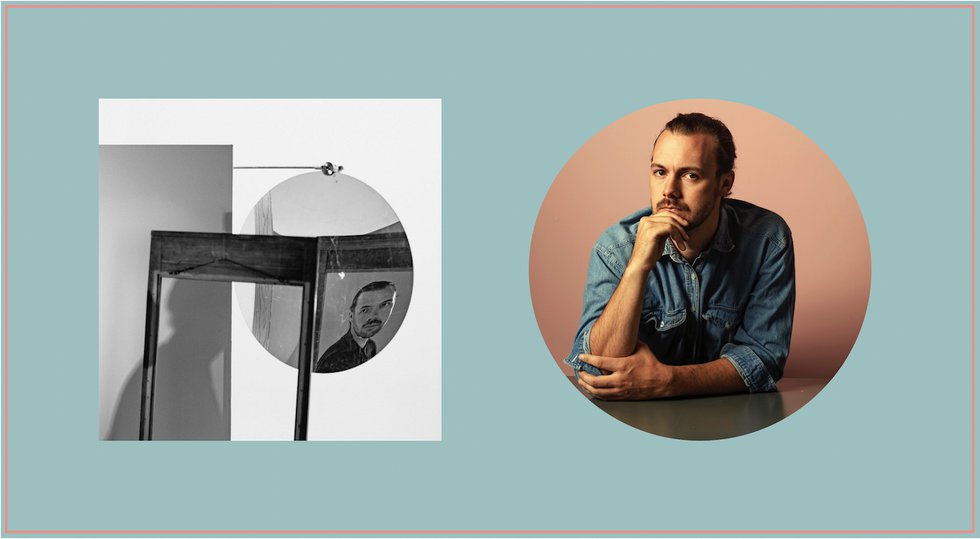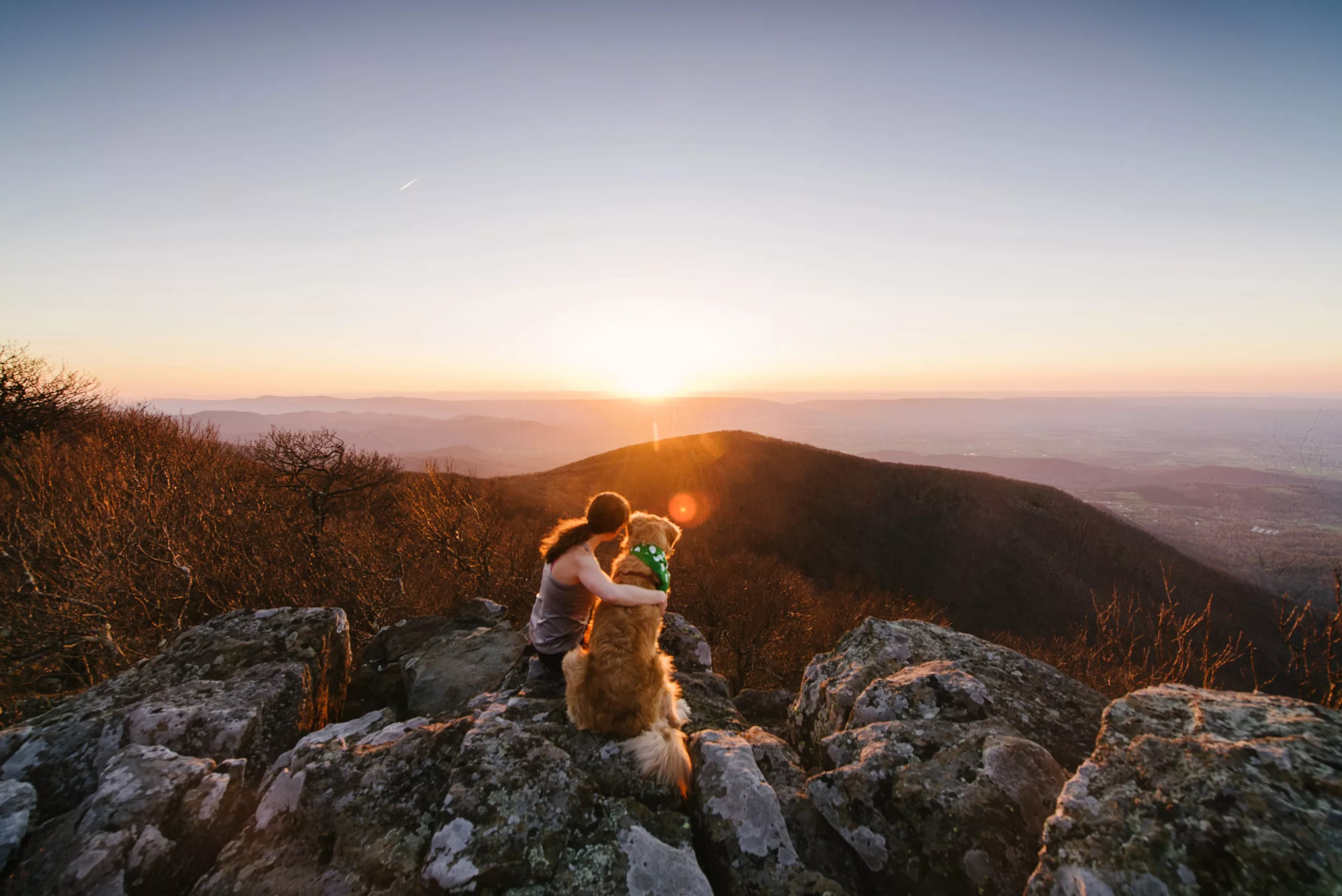If you weren’t lucky enough to catch him on tour in Virginia, make sure to get a hold of his latest release.

This past March, Sam Weber played at The Tin Pan in Richmond—just one of thirty stops on his tour around the country, from California to New York. A laid-back, cool kinda dude, he plays guitar with great intensity, often moving his head and body with the sound he creates. His most recent release, Get Free, came out in February and was brought to life by Weber, his co-producer Mallory Hauser, and their friend Danny Austin-Manning. The album is an emotional exploration as well as a sound exploration, something ethereal but grounded. Each track highlights a different influence as the group moves from folk to jazz to something more experimental. Some are percussive-heavy while others feature sad-sounding keyboards, but all of them display Weber’s talent as a musician and a lover of music—of creating sounds with other people.
Konstantin Rega: Have you always known you wanted to be a musician?
Sam Weber: I got into it when I was younger. My dad was really musical, and I took piano lessons—kinda had a family band at home. And as I got older, I started to play in bands, playing at school too, and started writing songs. I found that I just really enjoyed playing at concerts and shows. It struck me that it was very fun and exciting and I’ve held on to that feeling.
Who would you say are your main influences?
I was really into classic rock when I was a kid. Which is far from my interests now. I listened to a lot of classic rock radio; really, it’s a culmination of a lot of well-written songs, artists like Joni Mitchell and Neil Young.
Mitchell led me to more jazz styles, though, and that’s where I am now. Hejira especially feels a lot like what we’re playing. That album captures a sense of wanderlust and that traveling around energy so well. It took a while for it to grow on me, but it spoke to me as I continued to listen.
And so what was the direction of your first album?
I always try to make music that I’d want to listen to. It was around the time that folk-pop was having a sort of revival. The only way I make music is to make what I hear.
Can you tell us how your current release, Get Free, came together?
Our initial plan was to produce this as a studio record, like the previous record. But then the pandemic hit. And because of the very strict lockdown measures, we had to backpedal and find a new approach. So we set up a lot of equipment in our apartment, playing it live in the living room. That’s what it is, just us connecting in that small space. Even if you can layer multiple recordings and get people from all over the world, there’s still something to be said about being together in one spot.
So, where are you headed?
I don’t really know. That’s kinda the thing; I don’t really try to define anything too much. I hope the song serves as a backdrop, kind of contextualizing the whole thing. But I don’t think in terms of genre.
Recently, I’ve been listening to Alice Coltrane a lot who plays the harp and sort of mixes that with her gospel sound. She might be the late Coltrane’s wife, but she’s an artist and pianist in her own right.
I’ve also been infatuated with improvisational music. Some structure, yes, but I’ve started to treasure the human element of people playing together and reacting to each other. That spontaneity and surprise are so important to me when playing a show. I try to hone in on that in the studio as well.
What do you want listeners to get out of your music?
I just want people to connect with it. There’re a lot of different ways to make music. We’re really doing it for us, and people enjoying it are collateral damage in a way! But I just want people to enjoy and get some comfort from it, from this human experience and energy.









